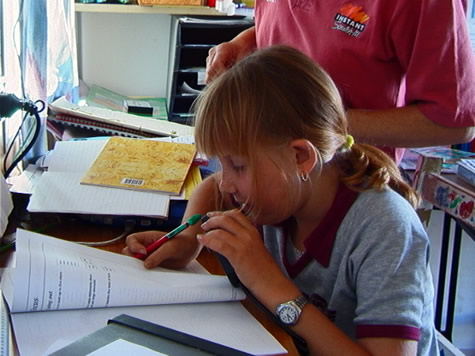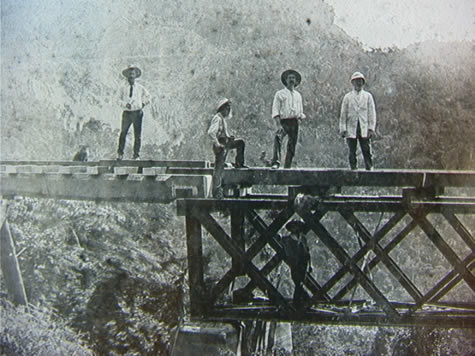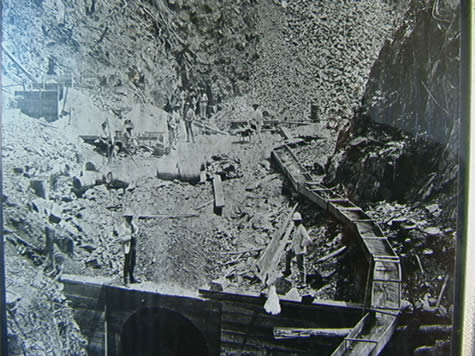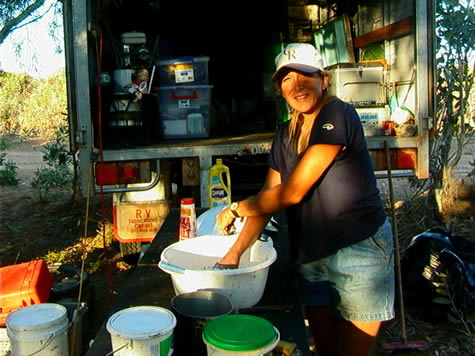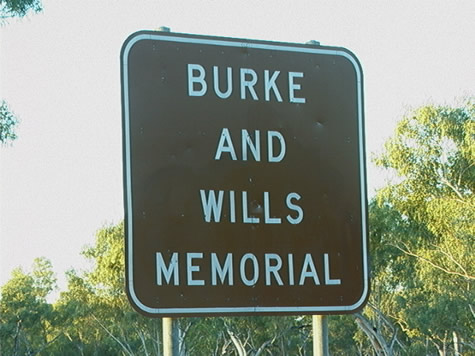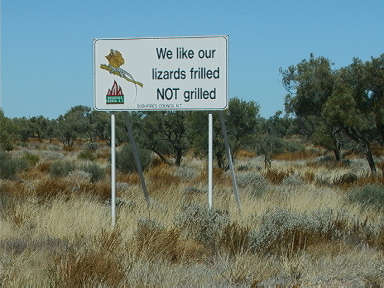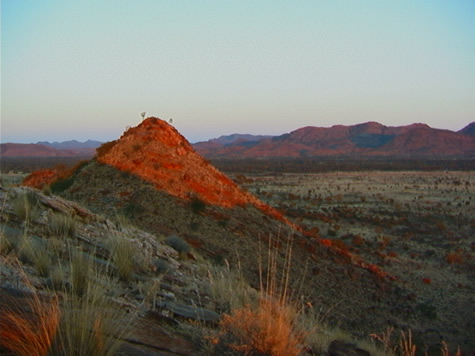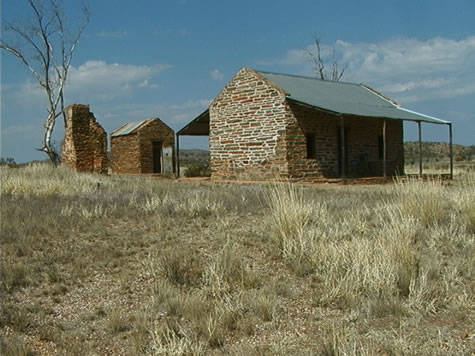Neighborhood rivalry
Neighborhood rivalry may be common in the city suburbs, with noise pollution, overhanging trees, messy yards etc…
Generally in the outback neighbors get along well, if they didn’t they wouldn’t have anyone to talk and socialize with. This is a story that our team of cyclists heard during our travels through Wrotham Park; it’s all about a couple close neighbors in the outback who don’t get along as well as most.
It started about 50 years ago in the Palmerville area, when two families lived only a stones throw away from each other. It’s rare for neighbors in remote areas to live so closely, families neighbors can live up to a weeks drive from their neighbors property. Ms Doris Wilson moved to the Palmerville area hoping on having a large area to herself and her family. Much to her disgust she found that she had an old man living next door with his daughter. The families intermarried and later to an unknown fact the two families had a disagreement. And for 30 years the families are not even speaking to one and another. Only two people are still around and still not talking. Doris Wilson owns part of a key access road that connects Maytown to Palmerville and will not let anyone get through (including Expedition 360).
So as you can see this relationship between two hermit families in the outback has been disastrous. They have married and intermarried, fought and taken advantage of the land that they live in by refusing entry into their land.
Why do you think these people even started arguing? Perhaps when Doris Wilson moved to closely to the other families home; or maybe Miss Wilson burnt the damper on Chrissy day. Write a story about how they may have started arguing.
Feed your children wheat - Joshua
